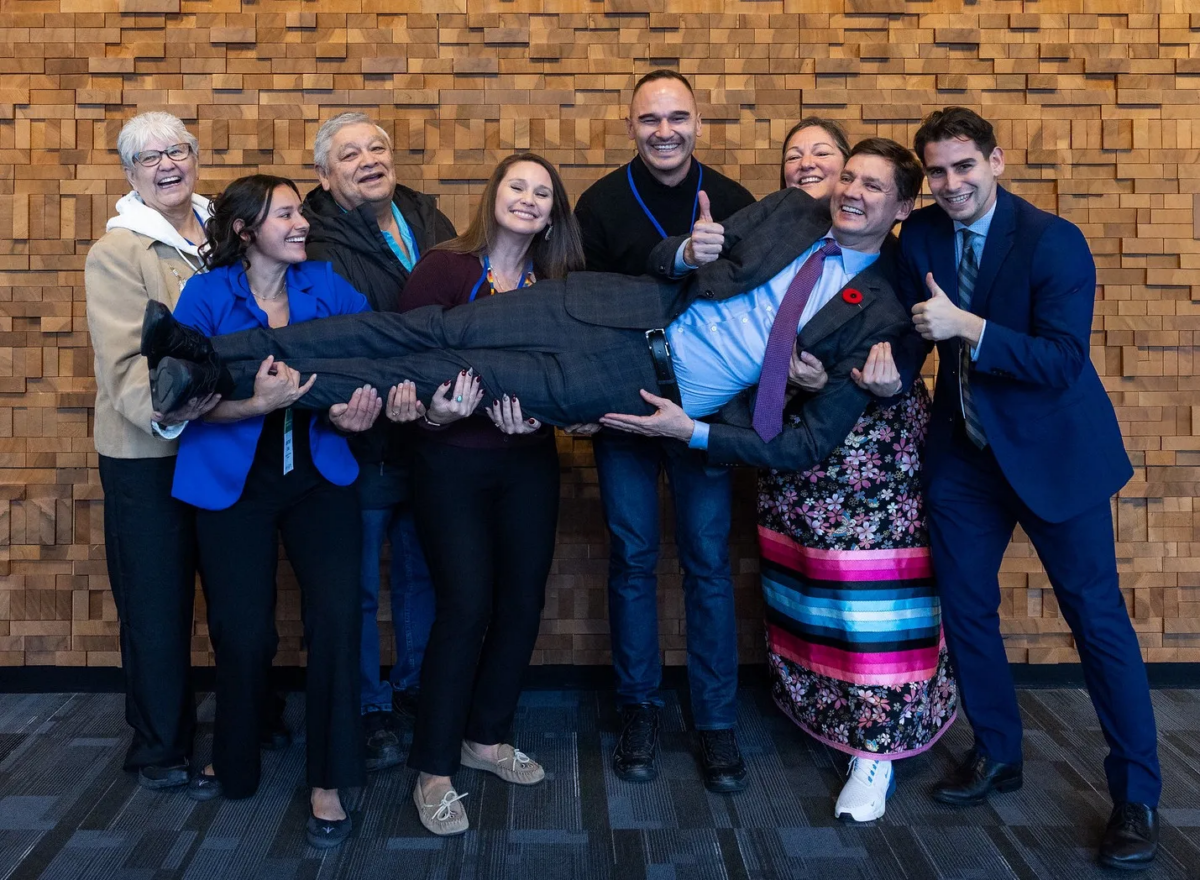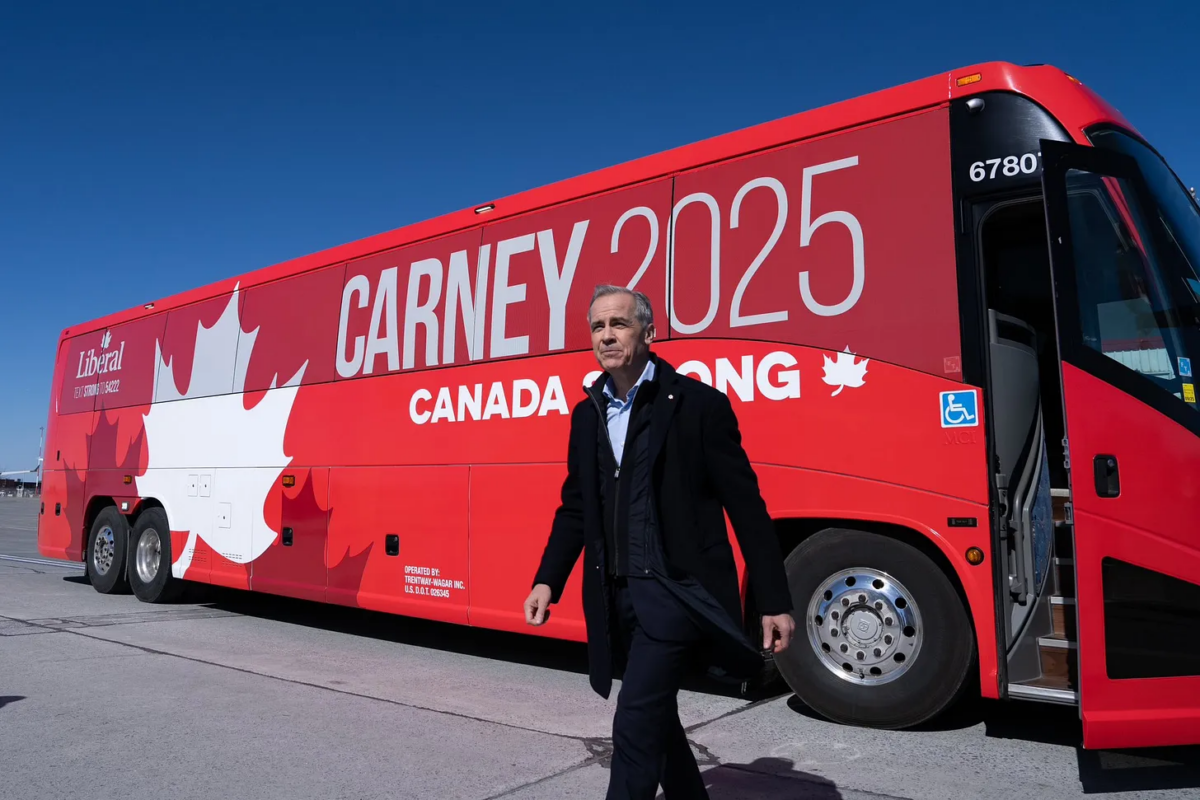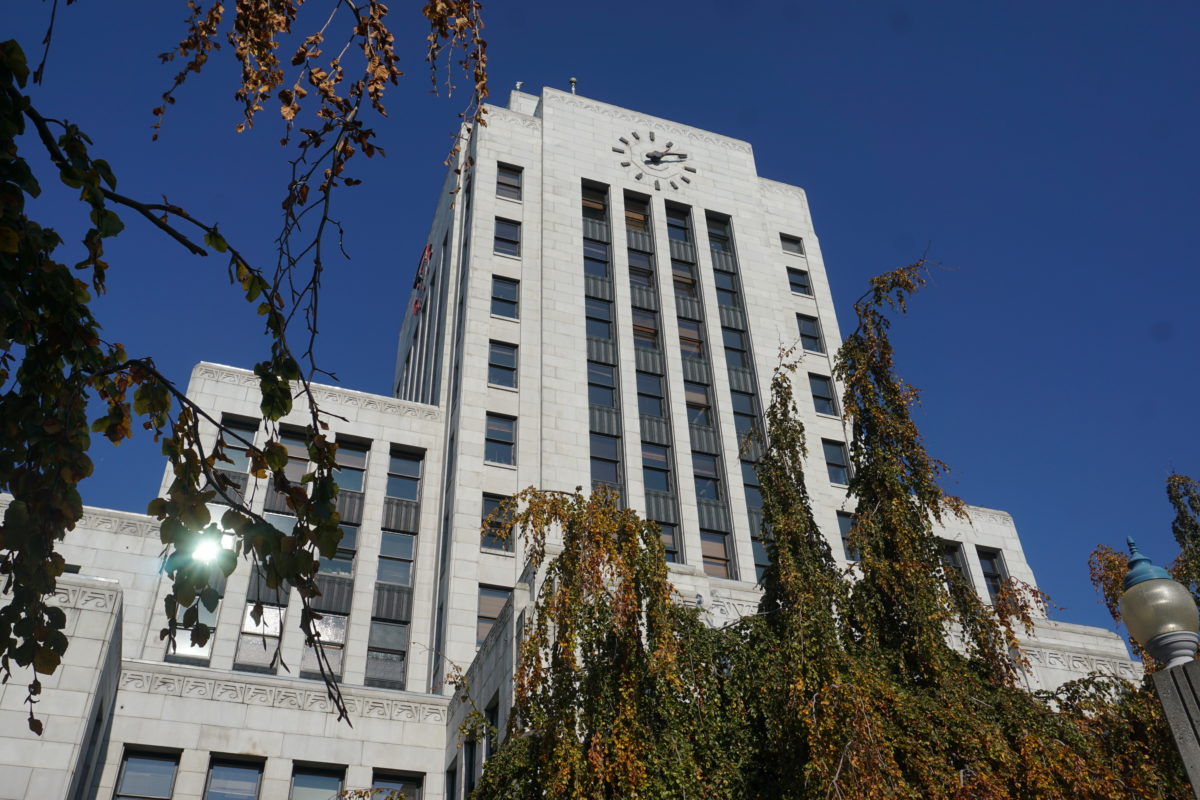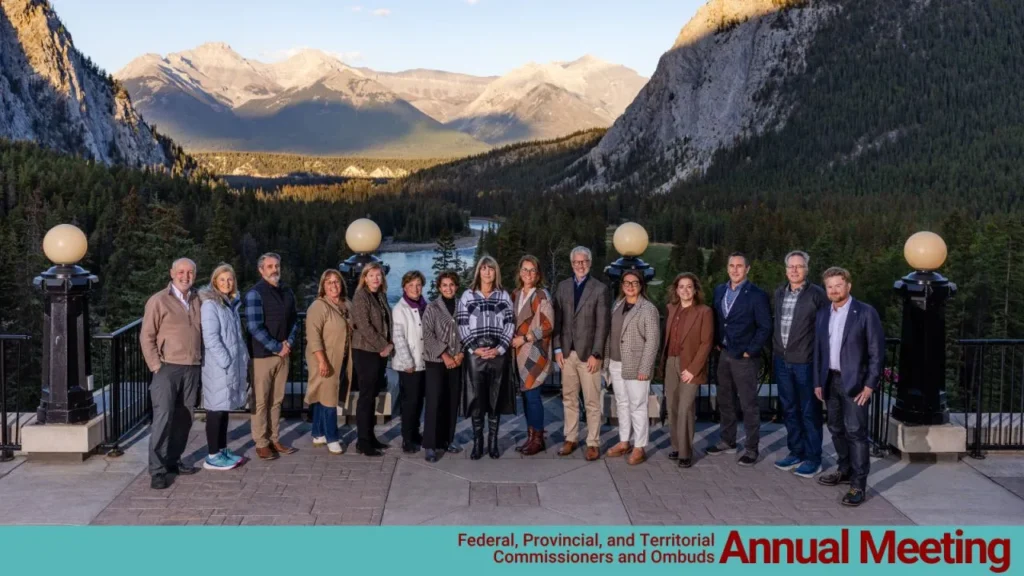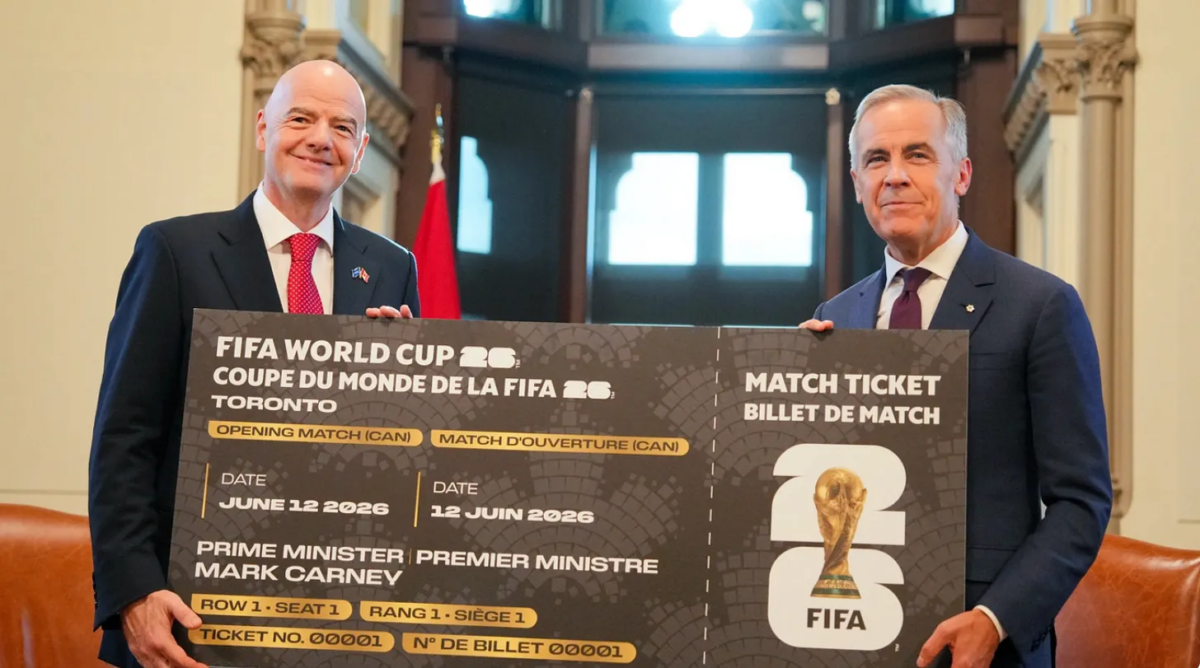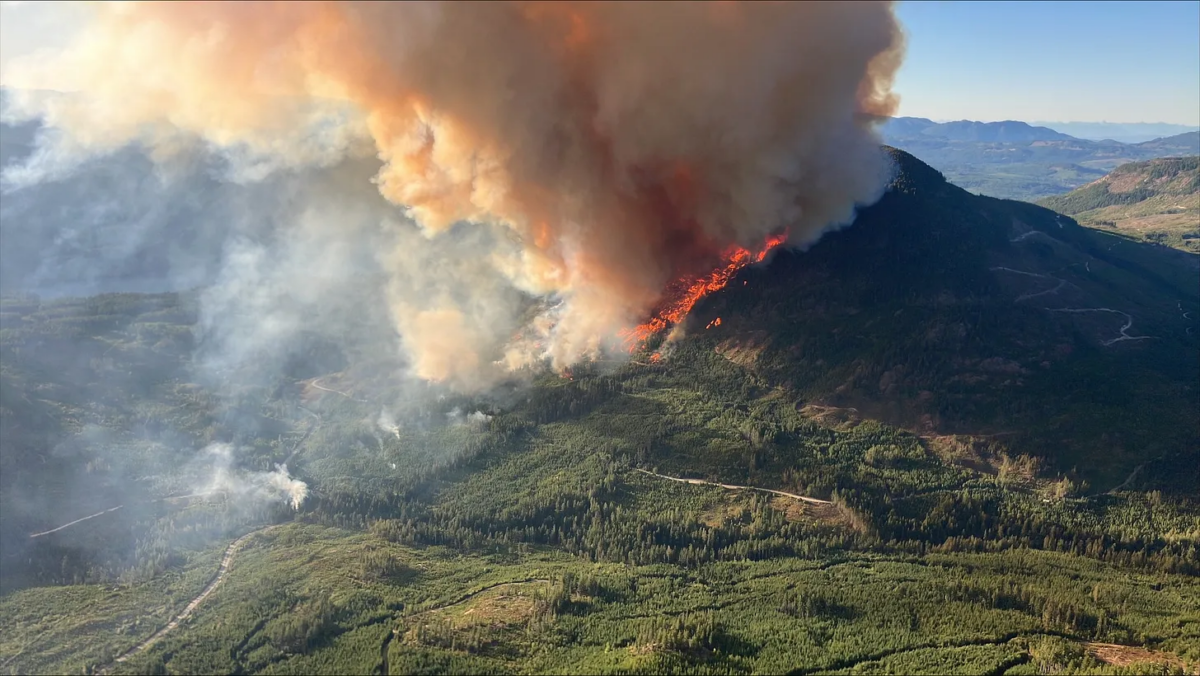Bob Mackin
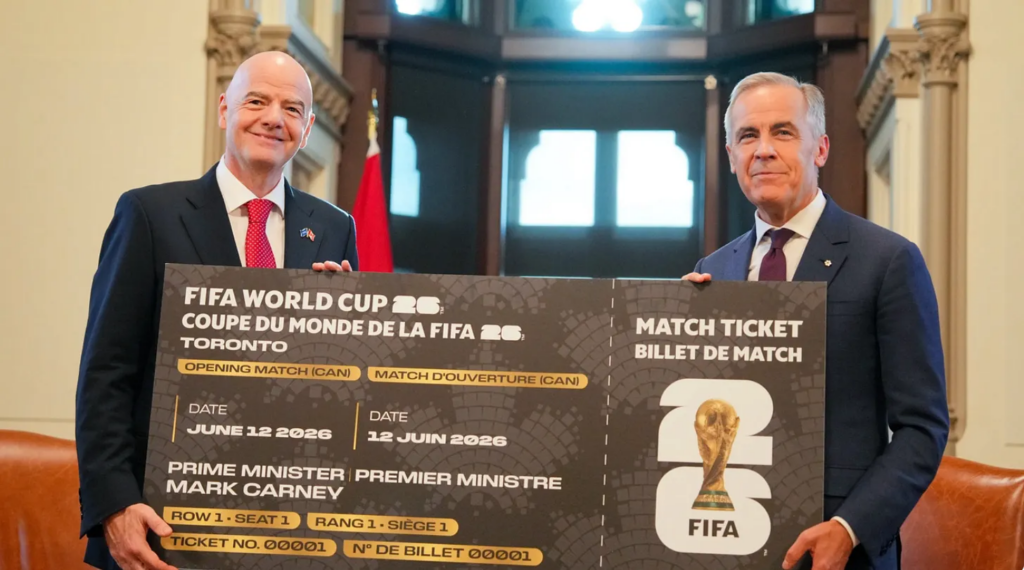
FIFA president Gianni Infantino and Prime Minister Mark Carney on Oct. 10, 2025. (FIFA)
It will be spread around to the Department of Canadian Heritage, RCMP, Canada Border Services Agency, Immigration, Refugees and Citizenship Canada, Canadian Air Transport Security Authority and Canadian Food Inspection Agency.
Like the rest of the budget, it is subject to House of Commons approval.
The Ministry of Tourism, Arts, Culture and Sport, under the NDP’s Anne Kang, is responsible for hosting in B.C. theBreaker.news asked for comment at 1:22 p.m. A manager in the ministry’s communications office asked a minute later for the deadline and theBreaker.news responded immediately: “4:30 p.m.”
But, at 3:09 p.m., communications director Jill Nessel emailed: “Given the budget has just been tabled it is too soon for the province to comment. Can you circle back at a later date please?”
Last June, when it revised hosting costs upward to as much as $624 million, the province acknowledged the projections were incomplete.
“The province and its partners anticipate that the federal government will be a full partner in helping to manage and fund extraordinary risks that materialize for the FIFA World Cup 26 event, such as potential global economic downturns, natural disasters like fires and floods and increasing threat levels from rising geopolitical tensions.”
At October’s Vancouver International Security Summit, B.C. RCMP Asst. Comm. John Brewer told theBreaker.news that the Mounties are waiting to set a budget after December’s announcement of Vancouver-bound national teams. Canada is scheduled to play in two of the seven B.C. Place Stadium matches.
“What I don’t want is to say to the various levels of governments, ‘here’s the budget we need,’ to find out that we’re too low or even too high. I don’t want sticker shock either,” Brewer said.
The Vancouver 2010 Winter Olympics security budget was $175 million until a year before the Games, when it ballooned to $900 million.
In the U.S., the Federal Emergency Management Agency announced Oct. 28 that it will provide US$625 million in grants to the 11 American host cities for “critical security preparations and activities like training and exercises, staff background checks and cybersecurity defence, as well as increased police and emergency response for FIFA venues, hotels and transportation hubs.”
Under a separate program, Department of Homeland Security is granting US$250 million to nine states and the national capital region to combat illegal drone use during World Cup and national America 250 events.
Both programs were established under Donald Trump’s One Big Beautiful Bill Act.
Subscribe to theBreaker.news on Substack. Find out how: Click here.
Bob Mackin
FIFA World Cup 26 is scoring








